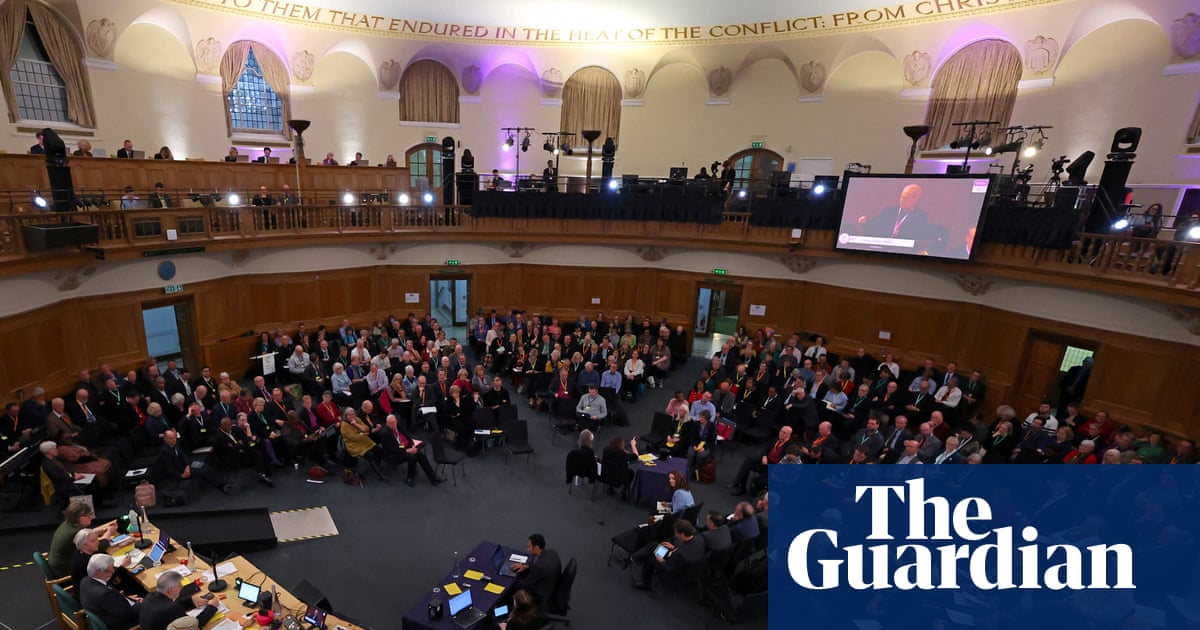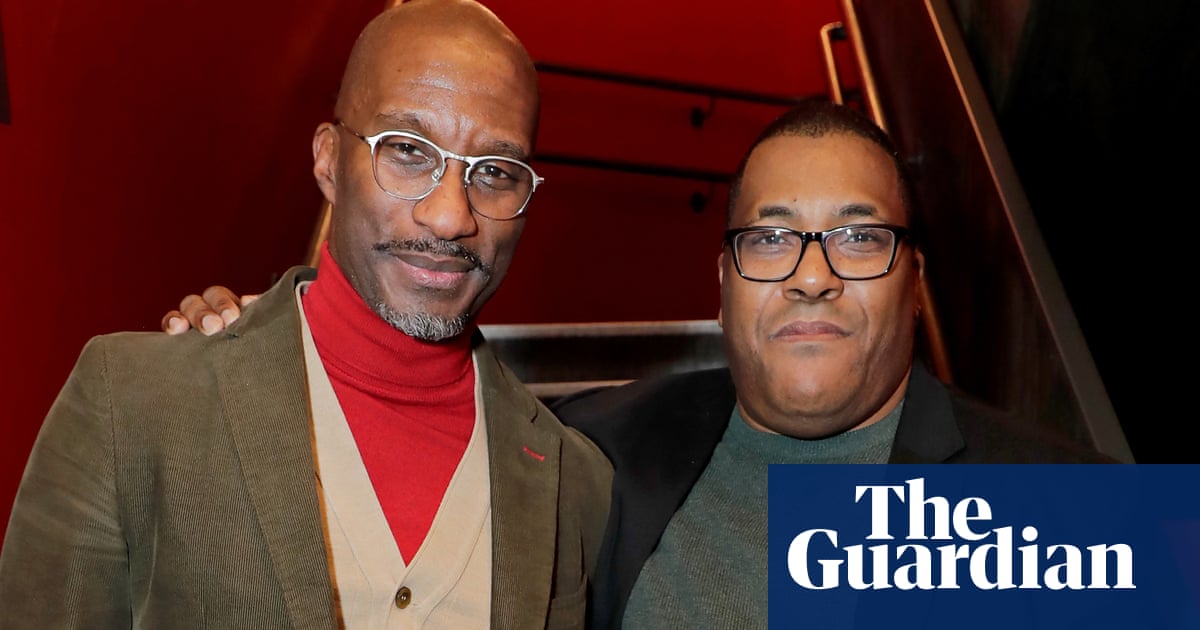
The Church of England is being urged to nurture a new generation of working-class clergy and lay leaders amid concerns about an “upper-middle-class culture”.
The C of E’s ruling body, the General Synod, meeting in London over the next four days will hear a call to increase its presence on social housing estates and other economically marginalised communities, and to encourage people from working-class backgrounds to take on leadership roles.
According to the C of E, 25% of candidates for ordination were from working-class backgrounds in 2022-23, compared with 39% of the wider population. Government research published in 2021 found that 48% of the public considered themselves to be working-class.
A report commissioned by the church and published in October found that working-class clergy were “deeply alienated from a church culture that favours and naturalises middle-class ways”.
Clergy from working-class backgrounds interviewed for the report identified an “upper-middle-class culture” in which they encountered “disapproval, judgmentalism, and lack of sensitivity towards cultural difference”.
The report described the C of E as a “predominantly elite church”. It said there was “a culture of privilege amongst many of its ordained representatives who often benefit from elite educations and come from highly respected professions prior to their ordination … Clergy identifying as working-class often find themselves socially and culturally at odds with the church environment”.
Some clergy said they were judged on their accent. One woman had been told by a bishop: “You need to learn to speak middle-class.”
One priest recalled being offered snuff after a meal. “They were all on the snuff. I was like, ‘oh, this is all very alien to me’.”
One woman said: “People are surprised that I’m clever … Because of the way I talk and because the minute you open your mouth and these vowels come out, people think you’re thick.”
Another said: “Church structures still look like something either out of the cabinet or Eton.”
A motion to the synod says the C of E must take the “necessary steps to raise up a new generation of lay and ordained leaders from estates and working-class backgrounds … at all levels in the church”.
Philip North, the bishop of Blackburn, who is proposing the motion, said encouraging vocations among people from estates and other marginalised communities would mean “many more people with a working-class background have a voice at all levels of the church to drive the continuing cultural change journey”.
In his opening address to the synod, Justin Welby, the archbishop of Canterbury, expressed dismay that enmity and division in society had found their way into the C of E. He cited “someone from outside the church … working on a project inside the church grew to fear opening their emails because of the bitterness and abuse they were subject to”.
A member of staff at Lambeth Palace, the archbishop’s London headquarters, who deals with correspondence was “worn down by the expressions of hatred, normally coming from within the church”.
Welby also spoke of the “havoc and horror” of wars in the Middle East and Ukraine and the “intense, terrible, indescribable personal suffering” of people in “forgotten” countries such as Myanmar, Democratic Republic of Congo and Sudan.












